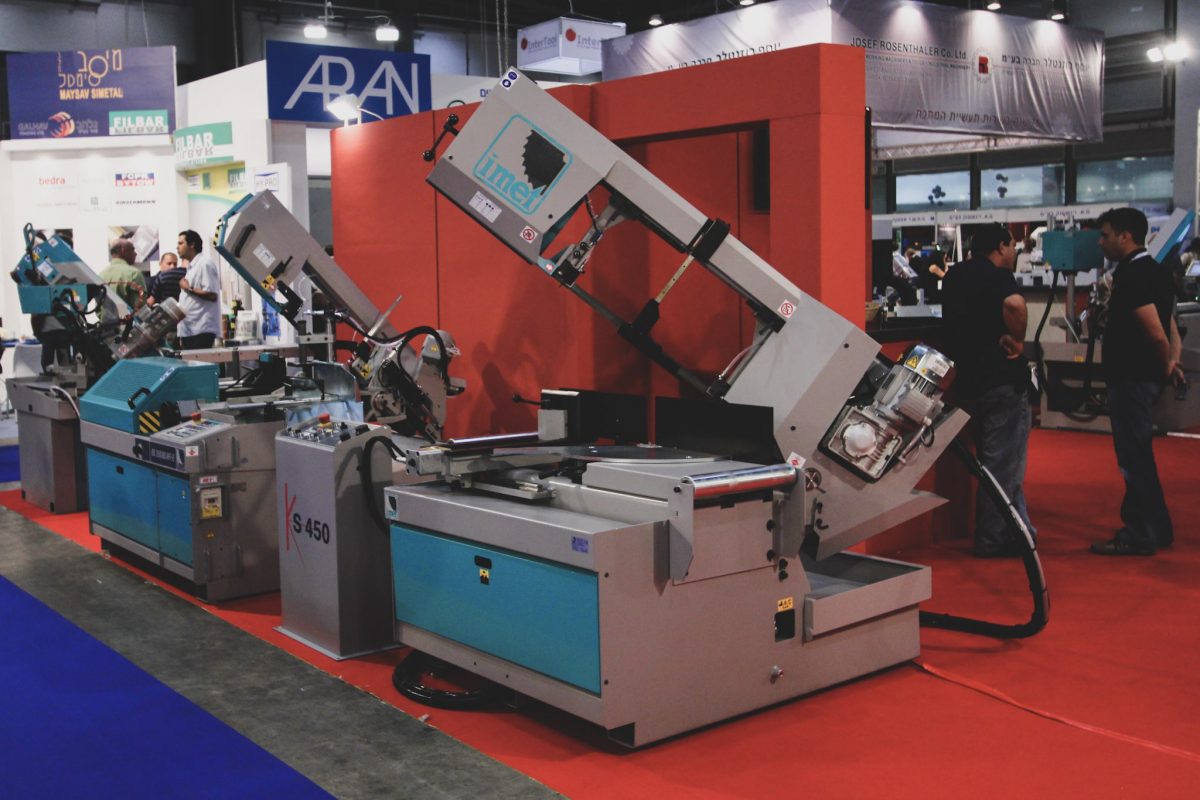Profits Boom but Workforce Crisis Looms
Industry survey foreshadows how Minnesota manufacturers must prepare for potential damage from worsening worker shortage.
To say that times are good for Minnesota manufacturers would be an understatement. According to the tenth annual State of Manufacturing®, a comprehensive survey project sponsored by Enterprise Minnesota (www.enterpriseminnesota.org) and its partners, manufacturers have almost a surreally high level of optimism with expectations of record revenues, record profitability, record-level of investment in their companies, and increased wages. Sixty-four percent anticipate economic expansion – a record high in the survey’s history and twice the rate it was two years ago.
The sobering counterweight to this enthusiasm is the anticipated workforce shortage. The challenges of attracting and retaining both skilled and unskilled workers loom large and may impede the growth of the industry. Notably and for the first time, large and urban manufacturers are indicating an increased urgency about workforce issues, narrowing the traditional gap that past State of Manufacturing surveys have revealed between Twin Cities and Greater Minnesota’s concerns over attracting and retaining qualified workers.

Specifically, 48 percent of survey respondents said that attracting and retaining a qualified workforce is one of the biggest challenges they face that might negatively impact future growth; that’s up 13 points from 34 percent in 2017. And yet an unexpectedly small number of manufacturers are preparing their operations for this shortage, whether by improved leadership training, increased productivity, or strategic planning. For example, barely half (53 percent) are using a formal strategic planning process to prepare for the shortage.
Health care continues to be a major concern for Minnesota’s manufacturers, topping the list of issues for the tenth time in the ten years of the survey. Respondents’ worry about health care has shown a slow rise in intensity, topping out this year at 60 percent and beating out “attracting qualified workers” by 13 percent.
Two-thirds (67 percent) of respondents support the recent Federal Tax Cuts and Jobs Act, though the actual impact to a company is uncertain; 45 percent of respondents say that it will help their organization and 42 percent predict that it will have no impact.
“This year’s survey is as much about revealing questions as it is uncovering answers,” said Bob Kill, Enterprise Minnesota president and CEO. “The ability of Minnesota’s manufacturers to weather the crisis – and come out stronger – will depend on how well they prepare for its challenges rather than react to them. Comprehensive strategic planning, automation and technology, deliberate training and recruitment programs, along with community collaborations will be more important than ever.”
The results of the survey will be presented at a series of regional events throughout Minnesota from May 17 to June 13 in Minneapolis, Redwood Falls, Duluth, Morris, Owatonna, St. Cloud and Bemidji. Click here for more information on State of Manufacturing events.
Rob Autry, president of Meeting Street Research has been pollster for all ten years of the survey. Throughout the month of March, he conducted telephone interviews with over 400 manufacturing executives representing a geographically proportional cross-section of Minnesota. The survey was complemented by 14 focus groups of manufacturing leaders, high school and college students interested in a manufacturing career and – for the first time this year – parents of a current or recent high school student. The poll has an error rate of +/- 4.9 percent.
About Enterprise Minnesota
Enterprise Minnesota is an ISO 9001:2008 certified consulting organization that works with medium and smaller manufacturing enterprises to help them compete and grow profitably, and also serves as the “voice” for the industry, raising visibility and appreciation for the value manufacturers provide our communities and the state’s economy. Our affiliation with the Manufacturing Extension Partnership (MEP) further positions us to offer clients leading-edge services to improve manufacturing operations and strengthen the business.
In the last five years alone Enterprise Minnesota has helped over 510 Minnesota manufacturing companies gain access to strategies that increase efficiency and promote growth. Resulting from the organization’s work, clients have realized a total positive economic impact of over $696 million in sales, reduced costs by over $131 million, invested over $289 million in capital expenditures and modernization and added or retained over 6,600 jobs.
Leave a Reply